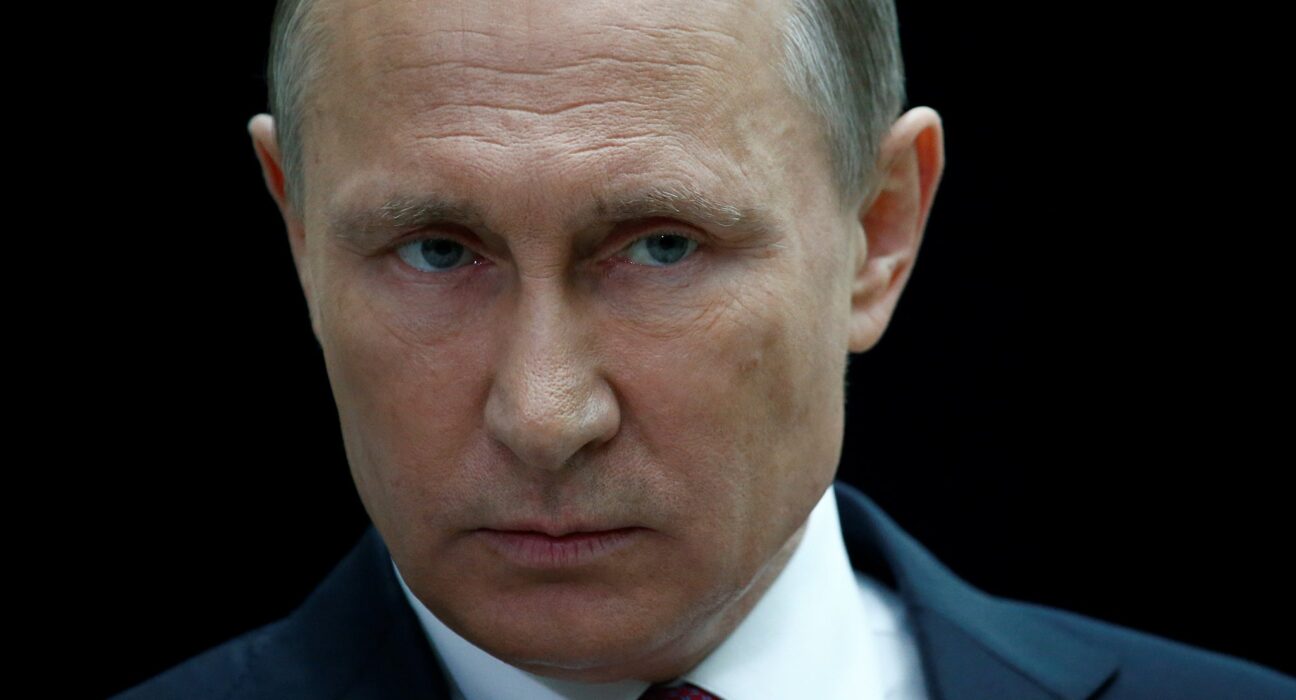Russian Foreign Minister Sergey Lavrov recently made a bold move by urging Hungary to align with Russia in supporting Hungarian minorities in Ukraine. This request comes at a critical time as the Kremlin seeks more explicit backing from Budapest amidst its ongoing full-scale invasion of Ukraine.
In an interview with the Hungarian government-affiliated newspaper Magyar Nemzet, Lavrov emphasized the importance of collaboration between Russia and Hungary in protecting their compatriots. He stated,
“Today, Russia and Hungary are openly speaking out in defense of their compatriots. We can unite our efforts in this regard.”
Hungary, under Prime Minister Viktor Orbán’s nationalist-populist government, has taken a divergent stance from the European Union (EU) regarding Russia. Despite EU sanctions against Moscow, Budapest has maintained a closer relationship with the Kremlin. Lavrov commended Hungary for its “pragmatic course
” despite facing pressure from NATO and the EU.
The Russian diplomat echoed the Kremlin’s narrative that Kyiv’s actions have negatively impacted Russian language and culture within Ukraine, leading to discrimination against Russian minorities. Lavrov highlighted concerns over what he described as “
forced Ukrainization,” suggesting that this issue should also be of interest to minority groups like Hungarians living in Ukraine.
Historically, Ukrainian census data from 2001 indicated approximately 150,000 Hungarians residing in Ukraine, predominantly concentrated along the Hungarian-Ukrainian border. However, recent estimates suggest a significant decrease in this number since 2022, with figures now standing at less than 90,000 individuals.
Orbán has intensified his anti-Ukrainian rhetoric in response to domestic political dynamics. As he faces mounting pressure from opposition leader Péter Magyar and his Tisza party—currently leading in opinion polls—Orbán has adopted more hardline positions against Kyiv. This includes his pledge to block Ukraine’s aspirations for EU membership.
The complex diplomatic maneuvering between Hungary and Russia amid the backdrop of the escalating conflict between Russia and Ukraine underscores broader geopolitical tensions within Europe. The shifting alliances and strategic calculations by key actors like Hungary reveal the intricate web of interests at play.
Expert analysts view Lavrov’s outreach to Hungary as part of Moscow’s strategy to garner additional international support while exploiting existing fault lines within European unity on addressing the crisis in Ukraine. By targeting shared concerns over minority rights and cultural preservation, Russia aims to sway Budapest towards a more favorable position aligned with its objectives.
The evolving dynamics between Hungary, Russia, and other European players will continue to shape regional politics and influence responses to one of the most pressing security challenges facing Europe today—the war in Ukraine.

